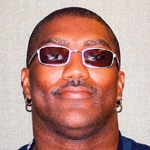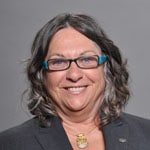
The contract, which is retroactive to April 1, 2014, and extends until Nov. 18, 2016, covers bus operators, trolley operators and conductors and operators on the Norristown High Speed Line. They are members of Transportation Division Local 1594 at Upper Darby, Pa.
The deal affects more than 350 members and was ratified by 61 percent of eligible voters who participated in the balloting process, said Transportation Division Bus Vice President Calvin Studivant, who assisted with the negotiations.
Wage adjustments include a two-percent increase following ratification of the agreement and a three-percent increase effective Jan. 10, 2016.
A side letter to the agreement also calls for the authority to establish a “work zone committee” to address work safety issues as they pertain to the transportation department.
Studivant congratulates General Chairperson and Local President Waverly Harris, former Vice Local Chairperson Brian Caldwell, and Vice Local Chairpersons Curtis Fulmore, Dave Stinsman, Eric Goodwin and Anthony Petty for their arduous efforts in obtaining this agreement.
“A lot of hours were dedicated to finalizing this collective bargaining agreement. I commend the local officers for their diligence and preparation and the membership that participated in the ratification vote,” Studivant said.

 Suicide by rail is no stranger to operators of steel-wheel trollies on Southeastern Pennsylvania Transportation Authority’s Victory Division in suburban Philadelphia.
Suicide by rail is no stranger to operators of steel-wheel trollies on Southeastern Pennsylvania Transportation Authority’s Victory Division in suburban Philadelphia.